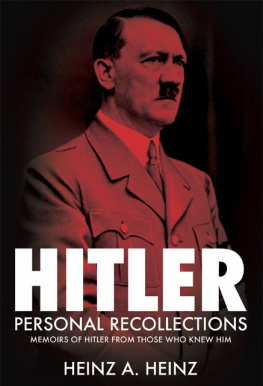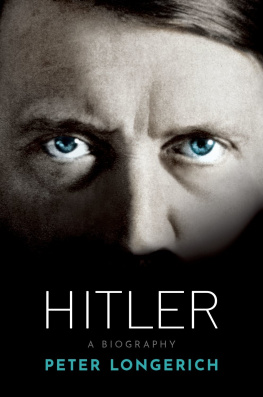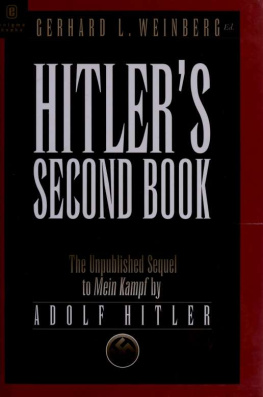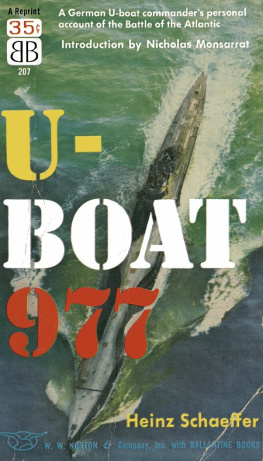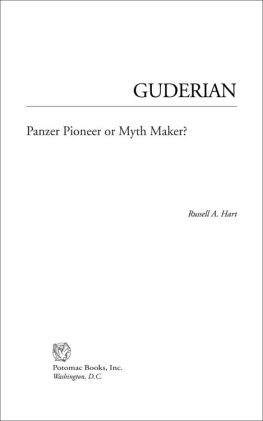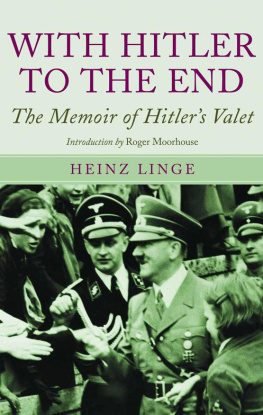

This edition published in 2014 by
Pen & Sword Military
An imprint of
Pen & Sword Books Ltd
47 Church Street
Barnsley
South Yorkshire
S70 2AS
Copyright Coda Books Ltd.
Published under licence by Pen & Sword Books Ltd.
ISBN: 9781783463213
eISBN: 9781473849402
A CIP catalogue record for this book is available from the British Library
All rights reserved. No part of this book may be reproduced or transmitted in any form or by any means, electronic or mechanical including photocopying, recording or by any information storage andretrieval system, without permission from the Publisher in writing.
Printed and bound in England
By CPI Group (UK) Ltd, Croydon, CR0 4YY
Pen & Sword Books Ltd incorporates the imprints of Pen & Sword Aviation, Pen & Sword Family History, Pen & Sword Maritime, Pen & Sword Military, Pen & Sword Discovery, Pen & Sword Politics, Pen & Sword Atlas, Pen & Sword Archaeology, Wharncliffe Local History, Wharncliffe True Crime, Wharncliffe Transport, Pen & Sword Select, Pen & Sword Military Classics, Leo Cooper, The Praetorian Press, Claymore Press, Remember When, Seaforth Publishing and Frontline Publishing
For a complete list of Pen & Sword titles please contact
PEN & SWORD BOOKS LIMITED
47 Church Street, Barnsley, South Yorkshire, S70 2AS, England
E-mail: enquiries@pen-and-sword.co.uk
Website: www.pen-and-sword.co.uk
INTRODUCTION
F OR MANY YEARS I have been of the opinion that the influence of German nationalism, his willingness to take risks and an innate love of violence for the sake of violence were the key factors which shaped Hitlers Weltanschauung (or world view). I finally found the time to expand upon that view and in order to establish my proposition in the book Hitlers Demons in which I relied extensively on quotations from Hitlers own version of events as published by him in the pages of Mein Kampf. My book relied extensively upon the 1939 translation by James Murphy as published in the UK by Hutchison and Co. Ltd. as this was the officially sanctioned version during the Nazi era.
Mein Kampf is routinely dismissed as unreadable and this was certainly the case in contemporary circles where many Nazi functionaries, including Gring, privately joked that they had never read the thing. Italian Fascist dictator and Nazi ally, Benito Mussolini, was famously critical, stating that the book was a boring tome that I have never been able to read. He also remarked that Hitlers beliefs, as expressed in the book, were little more than commonplace clichs. For students of history, politics and general readers with an interest in the period that is certainly not the case. While it is true that large sections of political exposition are rambling and turgid, they do nonetheless repay the reader with an insight into the workings of the mind of Adolf Hitler. The book also contains highly accessible elements of autobiography which are intriguing as they afford us the ultimate primary source glimpse into the private world of Adolf Hitler. On balance Im sure most readers would side with Winston Churchill who stated, shortly after Hitlers ascension to power, that no other book deserved more intensive scrutiny.
I still believe that Churchill was right. Mein Kampf should not be dismissed as readily as is so often the case. We should never lose sight of the fact that Hitler was a masterful politician writing for political purposes. We should obviously approach his words with extreme caution, but they should nonetheless be studied and carefully considered, and where there is no reason to do otherwise, we should be prepared to give them weight. This is especially the case where Hitlers account can be cross referenced with other accounts by the likes of Kubizek and Hanisch. However there are surprisingly few primary accounts of those who knew him during his rise to power.
With so little to draw upon we are fortunate indeed therefore to have this pre-war collection of primary source interviews with those who knew Hitler. The interviews were conducted by Heinz A. Heinz and published in 1934, shortly after Hitlers ascent to power. It was originally entitled Germanys Hitler and was written at a time before the events of the Final Solution and his subsequent notoriety made it all but impossible to comprehend that at one stage in his life Hitler had merely been a plausible politician who had made real inroads through the ballot-box.
This volume by Heinz A. Heinz was unknown to me at the time Hitlers Demons was written and, although it would not have changed the central thesis of the work, it would certainly have strengthened it. For me and for many students out there it represents a treasure trove of additional primary source material on Hitlers pre-war activities which will be of great assistance to many students in years to come. The memoirs of early Nazi functionaries such as Anton Drexler are particularly welcome.
In preparing my own account of the factors which influenced Hitler I relied heavily on the memoirs of Kurt Ludecke which, for many years, were discarded as the vain posturings of a get rich quick fantasist attempting to hitch his wagon to the rising star of one of the most famous politicians in Europe. Increasingly historians have come to reassess Ludecke and in the process have come to accept the voracity of much of what you are about to read here. It is now widely accepted that Ludecke is essentially an accurate, if somewhat self-aggrandising source. Until recent years, and the rehabilitation of Ludecke, scholars and general readers seeking a primary insight into the early life of Adolf Hitler have had to be content with the recollections of his boyhood friend Kubizek and his sometime business associate Reinhold Hanisch; a companion from the Vienna mens hostel. Both of these sources are generally accepted to be accurate accounts of life with Hitler. Add to this the memoirs Putzi Hanfstaengl, Otto Strasser, his war comrades and a few recent pieces which have come to light such as Alexander Moritz Freys account of his war time experiences with Hitler and their subsequent encounters in Munich and, somewhat astonishingly, the main sources have all been explored. There is very little else to build upon with the result that the recent sympathetic analysis and acceptance by the wider academic community of the Ludecke memoirs gives us a highly detailed new and very welcome source from which to attempt to gain a better understanding of the personal life of the man behind the Third Reich.
What makes these recollections especially interesting is the fact that his memoirs were first published in 1934. At that time, although Hitler was already known as the demagogue of the far right, he was not yet the monster which history now knows him to be. At the time Heinz was writing, Hitlers most despicable deeds still lay in the future and we can therefore approach this work safe in the knowledge that, although he was writing about a well-known politician, his subject had not yet achieved the universal infamy, which now attaches to his name. Hitler was firmly in power at the time these recollections were published and although they need to be treated with caution as they have undoubtedly been strained through the prism of Nazi censorship. However what is clear is that Heinz was genuine and was not an obvious bandwagon jumper such as the now discredited Josef Greiner who simply invented much, if not all, of his sensational autobiographies. It is fitting therefore that in losing Greiner we have found Heinz who is, in my opinion, a highly reliable if somewhat biased source and cross referencing these accounts with other reliable sources only serves to strengthen that opinion.
Next page
